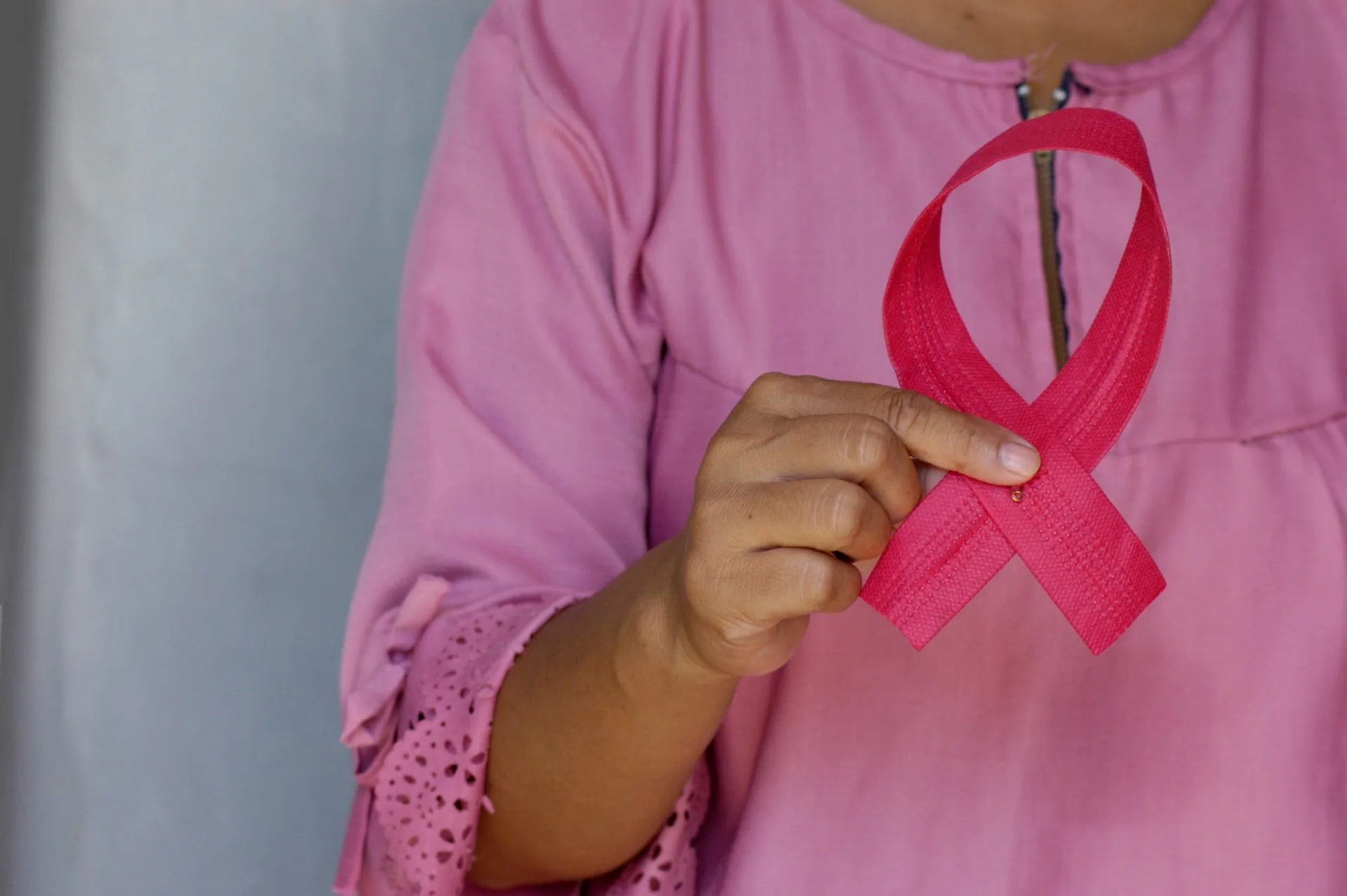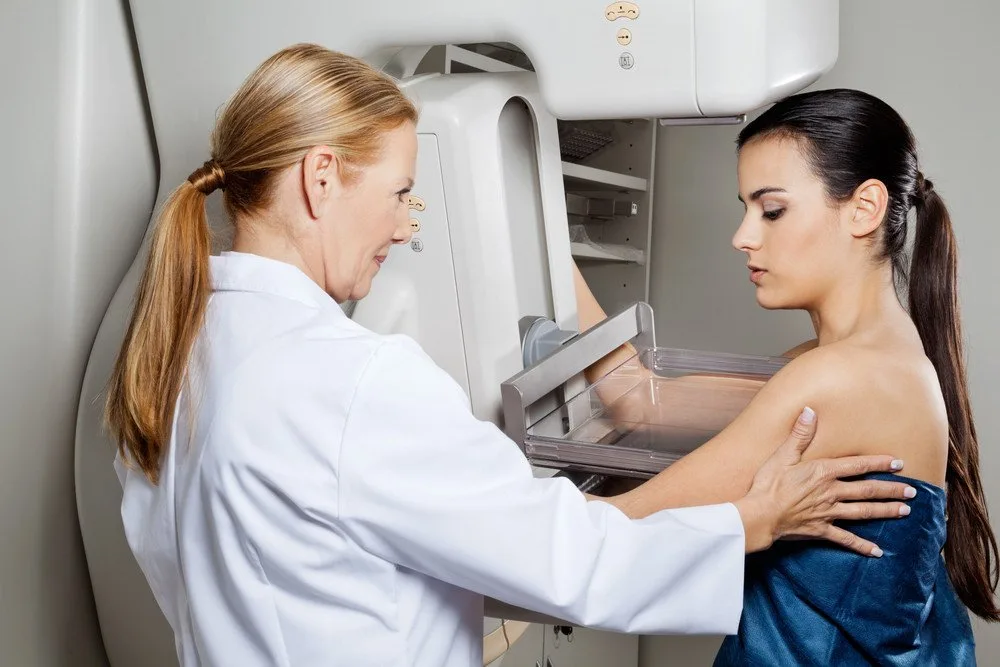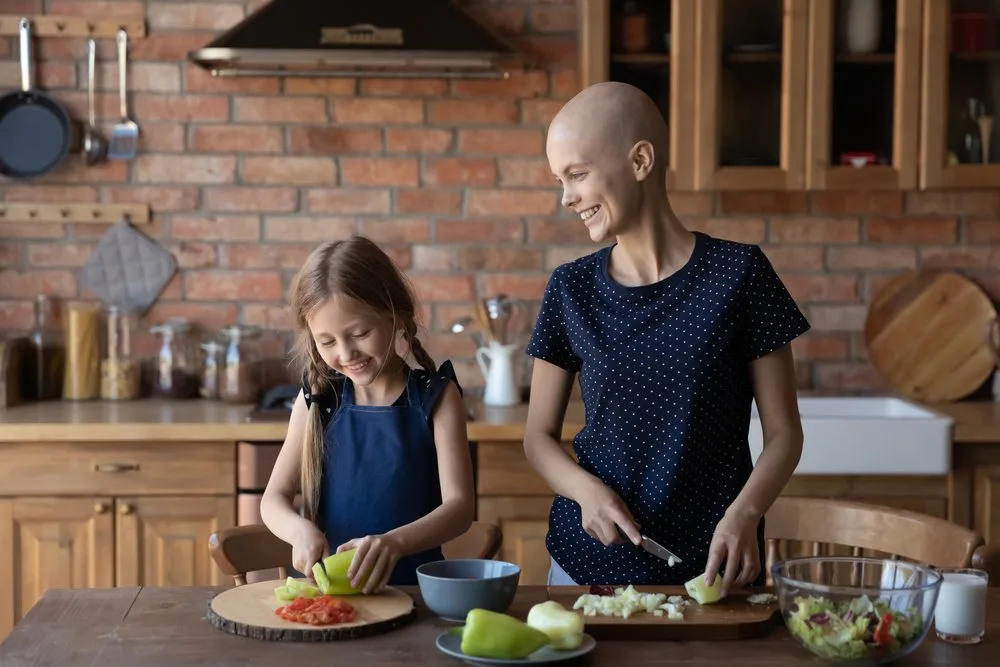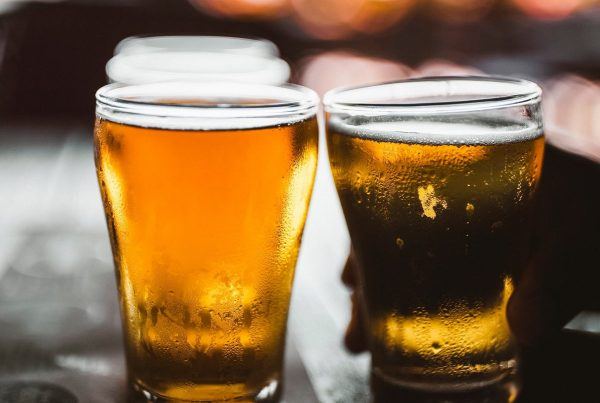New research indicates that certain anti-cancer therapies may hasten cellular aging, where changes in the DNA of patients may contribute to greater inflammation and fatigue. The findings were published by Wiley early online in CANCER, a peer-reviewed journal of the American Cancer Society.
The Aging Effects of Cancer Treatments
Gene activity is often adjusted during life through epigenetic changes or physical modifications to DNA that do not involve altering the underlying DNA sequence. Some individuals may experience epigenetic age acceleration (EAA) that puts them at a higher risk of age-related conditions than other individuals of the same chronological age. Investigators recently examined EAA changes during and following cancer treatment and looked for a potential link between these changes and fatigue in patients with head and neck cancer (HNC).
What has the research found?
In the study of 133 patients with HNC, half of the patients experienced severe fatigue at some point. EAA was most prominent immediately after radiation therapy when the average epigenetic age was accelerated by 4.9 years.
Increased EAA was associated with elevated fatigue, and patients with severe fatigue experienced 3.1 years higher EAA than those with low fatigue. Also, patients with high levels of markers of inflammation exhibited approximately 5 years higher EAA, and inflammation appeared to account for most of the effects of EAA on fatigue.

Photo by Angiola Harry on Unsplash
“Our findings add to the body of evidence suggesting that long-term toxicity and possibly increased mortality incurred from anti-cancer treatments for patients with HNC may be related to increased EAA and its association with inflammation,”
The authors noted that interventions to reduce inflammation, including prior to cancer treatment, might benefit patients by decelerating the aging process and subsequently reducing age-related chronic health problems such as fatigue.
An accompanying editorial stresses that chronic fatigue in patients receiving treatment for cancer is not just a symptom; it may also play an important role in influencing patients’ health.
What other research found
- A 2014 study found that, after being exposed to chemotherapy, 60-70-year-old breast cancer patients faced an increased risk of cognitive decline.
- Congestive heart failure, peripheral neuropathy, and declines in bone health have each been linked to cancer treatments.
- A 2018 study found that breast cancer survivors experience chronic health problems characteristic of accelerated aging.
Combat Cancer Treatment-Related Aging
According to a study published in JNCI: Journal of the National Cancer Institute, cancer survivors often show an accelerated development of multiple geriatric syndromes and need therapeutic interventions.
Thankfully, the same study has suggested strategies in which cancer survivors can prevent – or mitigate – cancer and treatment-associated aging.

Photo by National Cancer Institute on Unsplash
Stay active
According to the researchers of the study, exercise is a safe and cost-effective way to improve your health all while reducing one’s mortality risk, especially for cancer patients. In fact, a study published in BMC Medicine found that exercise during chemotherapy is a promising strategy for minimizing treatment-related side effects, both short and long-term.
Exercises for cancer patients
The following exercises can be done by cancer patients before, during, and after treatment:
- Walking
- Stretching
- Swimming
- Light jogging
Eat well
It’s important to consume a diet that’s good for your health, as well as one that can combat the effects of your treatment, like fatigue.
Foods to eat during cancer treatment
According to the American Cancer Society, the following foods can help build up your strength and withstand the effects of cancer and its treatment:
- Protein: fish, poultry, eggs, low-fat dairy products, nuts and nut butters, dried beans, as well as peas and lentils.
- Good fats: choose monounsaturated (olive, canola, and peanut oils) and polyunsaturated fats (these are found mainly in safflower, sunflower, corn, and flaxseed oils and seafood).
- Carbohydrates: The best sources of carbohydrates – fruits, vegetables, and whole grains – also supply needed vitamins, minerals, fiber, and phytonutrients to the body’s cells.
Foods to avoid during treament
- Deep-fried, grilled, barbecued, baked meats
- Foods high in fat, salt, sugar, and trans fats.
- Red meat and processed meats
- Alcohol




![women [longevity live]](https://longevitylive.com/wp-content/uploads/2020/01/photo-of-women-walking-down-the-street-1116984-100x100.jpg)










